If you enjoyed 'Nature Tech (2006)' and its fascinating exploration of technology inspired by nature, you'll love these 10 similar movies and shows. This article highlights films and series that blend science, innovation, and the natural world, offering a mix of education and entertainment for curious minds.
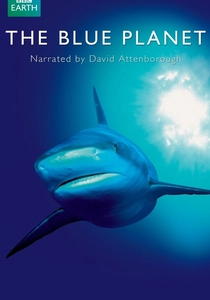
The Blue Planet (2001)
Description: A groundbreaking documentary series that delves into the mysteries of the world's oceans, highlighting marine life and ecosystems. Its focus on underwater exploration and conservation aligns closely with the themes of the reference title.
Fact: The series was the first comprehensive documentary on marine life and won two Emmy Awards for Outstanding Cinematography and Outstanding Music Composition.
 Watch Now
Watch Now 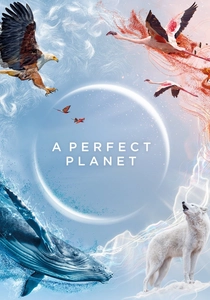
A Perfect Planet (2021)
Description: This documentary examines the forces of nature that shape life on Earth, from volcanoes to ocean currents. Its holistic view of Earth's systems and their impact on wildlife is similar to the reference title.
Fact: The series highlights how the Earth's tilt and orbit create the seasons, which in turn drive the life cycles of countless species.
 Watch Now
Watch Now 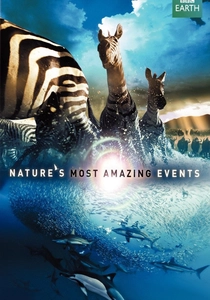
Nature's Great Events (2009)
Description: The series focuses on dramatic natural events that shape ecosystems, such as migrations and seasonal changes. Its episodic structure and emphasis on pivotal moments in nature are similar to the reference title.
Fact: The production team used helicopters and underwater cameras to capture the annual sardine run off the coast of South Africa, one of the largest animal migrations on Earth.
 Watch Now
Watch Now 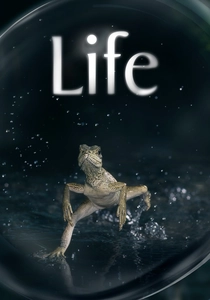
Life (2009)
Description: This documentary series explores the diversity of life on Earth, showcasing extraordinary animal behaviors and survival strategies, much like the reference title. It emphasizes the beauty and complexity of nature through stunning cinematography.
Fact: The series took four years to film and features never-before-seen animal behaviors, including the first footage of a snow leopard hunting in the wild.
 Watch Now
Watch Now 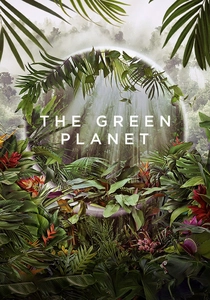
The Green Planet (2022)
Description: A pioneering series that explores the hidden world of plants, using innovative camera techniques to reveal their dynamic lives. Its focus on often-overlooked aspects of nature aligns with the reference title's mission.
Fact: The series employed time-lapse photography and robotic cameras to capture plant behaviors that are invisible to the naked eye.
 Watch Now
Watch Now 
Africa (2013)
Description: A visually stunning documentary that explores the diverse ecosystems and wildlife of the African continent. Its focus on the interplay between animals and their environments is reminiscent of the reference title.
Fact: The series features the first-ever footage of a group of desert lions hunting oryx in Namibia's Skeleton Coast.
 Watch Now
Watch Now 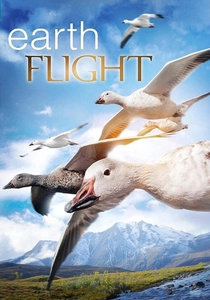
Earthflight (2011)
Description: A unique documentary that follows migratory birds across continents, offering a bird's-eye view of the planet. Its aerial perspective and focus on animal journeys echo the reference title's themes.
Fact: The crew used paragliders, drones, and trained birds with miniature cameras to capture footage from the perspective of the birds themselves.
 Watch Now
Watch Now 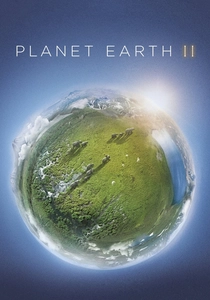
Planet Earth II (2016)
Description: This sequel to the original Planet Earth series uses cutting-edge technology to capture intimate moments of wildlife in their natural habitats. Its immersive storytelling and high-definition visuals align with the reference title's style.
Fact: The 'Cities' episode was particularly groundbreaking, showing how wildlife adapts to urban environments, including leopards in Mumbai and peregrine falcons in New York.
 Watch Now
Watch Now 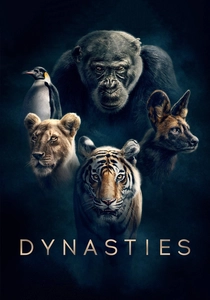
Dynasties (2018)
Description: This documentary follows the lives of individual animals and their families, offering a deep dive into their struggles for survival. Its character-driven narrative and emotional depth resonate with the reference title.
Fact: The episode featuring chimpanzees was filmed over two years and documented a dramatic power struggle within the group.
 Watch Now
Watch Now 
Wild China (2008)
Description: This series captures the breathtaking landscapes and wildlife of China, blending cultural insights with natural history. Its emphasis on biodiversity and conservation mirrors the reference title's approach.
Fact: Wild China was a co-production between the BBC and China Central Television (CCTV), marking a rare collaboration between Western and Chinese broadcasters.
 Watch Now
Watch Now 








